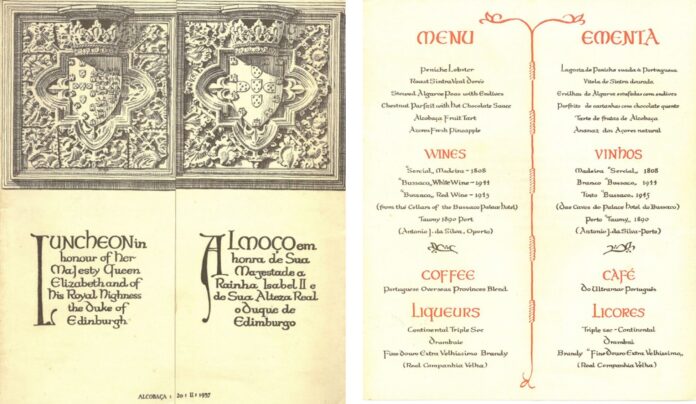For centuries, food has been more than sustenance; it’s a tool of diplomacy. Menus, often overlooked, serve as subtle yet powerful instruments in shaping political alliances, conveying national identity, and even creating friction. A new study analyzing a century of Portuguese diplomatic meals reveals just how deliberately culinary choices reflect and influence foreign policy.
The Strategic Plate
Researchers in Portugal examined 457 menus from diplomatic dinners, state banquets, and receptions spanning 1910 to 2023. The findings demonstrate that meals aren’t just about hospitality; they are structured diplomatic acts. These events serve five key functions:
- Tactical Meals: Used during territory transfers or negotiations.
- Geopolitical Meals: Reinforcing existing alliances.
- Economic Meals: Fostering trade and financial ties.
- Cooperation Meals: Highlighting shared interests in science, culture, or development.
- Cultural Proximity Meals: Strengthening ties through shared gastronomy (like Cozido à Portuguesa or codfish recipes).
From French Luxury to Gastronationalism
Early in the 20th century, Portuguese diplomatic meals leaned heavily on French cuisine, reflecting prestige and influence. However, a shift began during the authoritarian Estado Novo period (1933–1974). Menus increasingly featured Portuguese products, signaling a rise in gastronationalism —the deliberate use of food to promote national identity.
A prime example is the 1957 lunch for Queen Elizabeth II, designed to showcase Portuguese territory and culture. Dishes like lobster from Peniche and fruit tarts from Alcobaça weren’t just delicacies; they were statements of national pride.
Economic Realities and Post-Colonial Shifts
The 1960s and 70s saw a trend toward rare ingredients—turtle soup for Prince Philip, Azores trout for American and French presidents. Yet, economic crises often forced a return to more readily available Portuguese staples.
The independence of Portugal’s former colonies also prompted changes. Menus began to remove colonial language, simply listing “coffee” instead of specifying its origin. This reflected a broader shift in identity and a desire to avoid reinforcing colonial narratives.
The Power of Symbolic Choices
Even seemingly innocuous menu choices carry weight. The study highlights a curious case: roast beef served to the Indian president in 1990. Why a dish so strongly associated with British colonialism? The researchers suggest it might have been a deliberate gesture of cultural proximity or a subtle attempt to assert influence.
Another intriguing example is Consommé de presunto de Barrancos —a French-style soup made with cured ham from Barrancos—served to King Felipe VI of Spain in 2016. Spain is renowned for its own cured ham. Was this a playful challenge, a subtle assertion of Portuguese culinary identity?
Beyond the Plate
This research underscores the strategic importance of integrating gastronomy into national diplomacy. By strategically showcasing its cuisine, language, and traditions, Portugal aims to shape global perceptions of its culture.
However, the study acknowledges limitations, including gaps in archival records. Future research should explore seemingly contradictory menu choices and the underlying motivations behind them.
Ultimately, this analysis reveals that food isn’t just what we eat; it’s a language of power, identity, and diplomacy. Every dish served at a state banquet carries a message, whether intentional or not

































